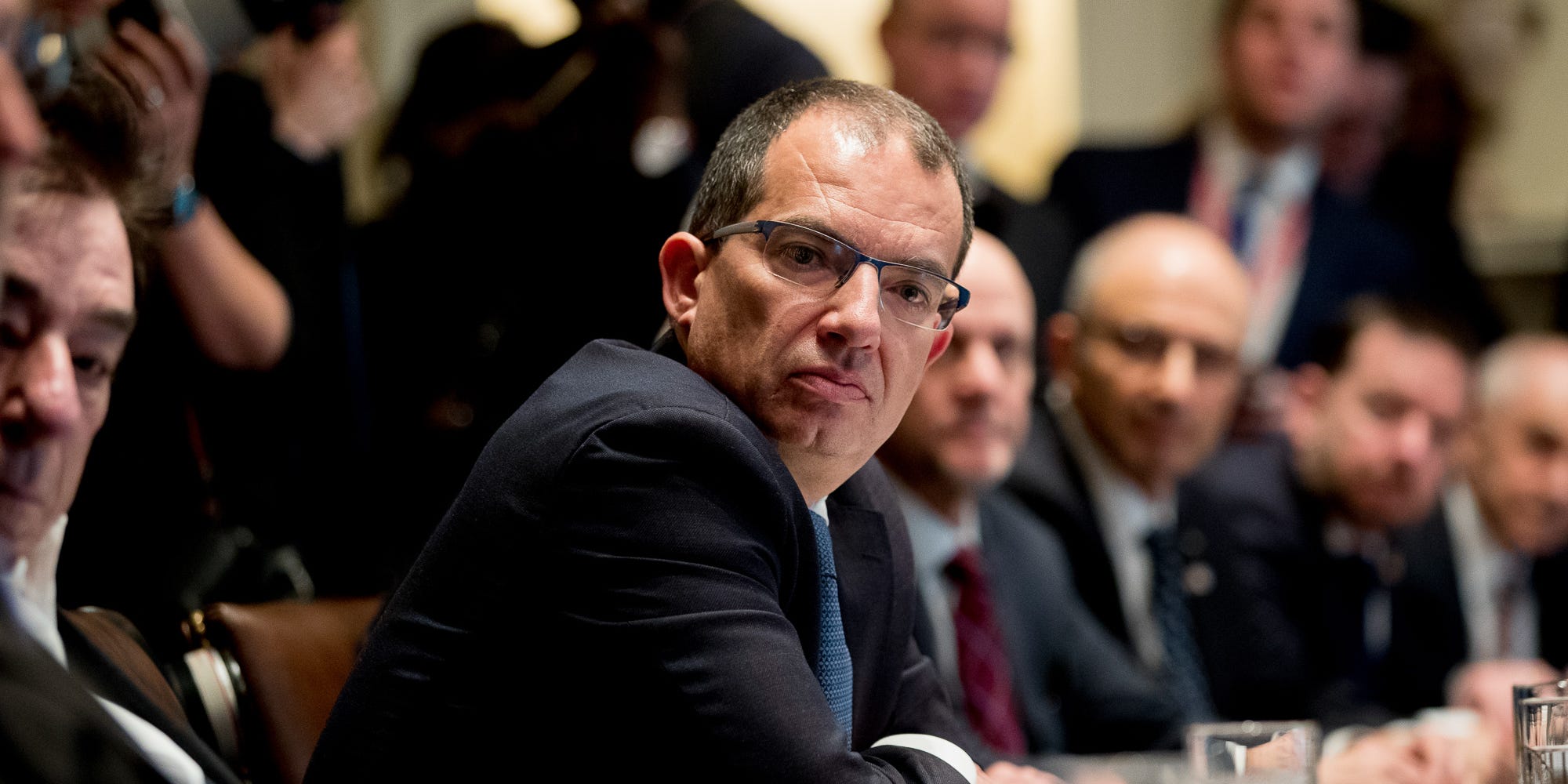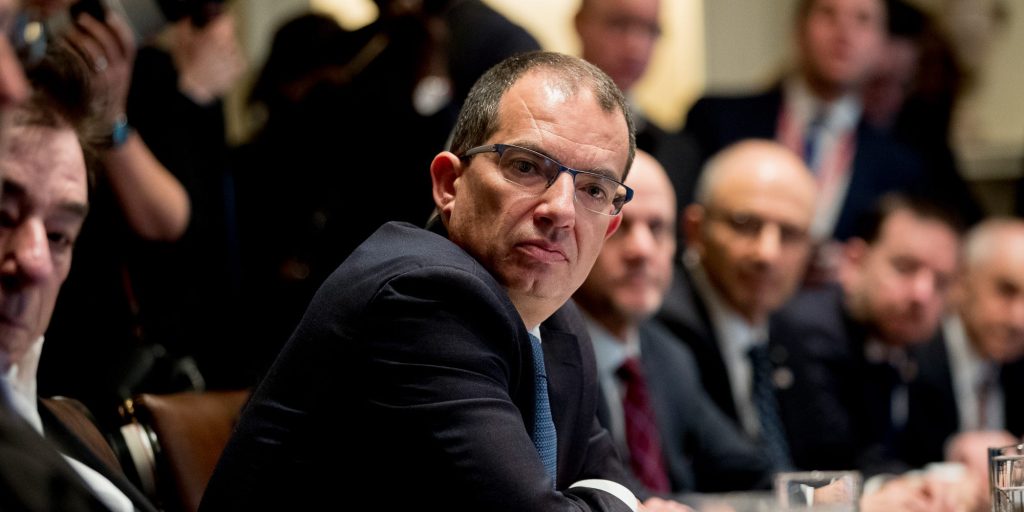
Andrew Harnik/AP Images
- Moderna expects people will need to get a third dose of its COVID-19 vaccine before this winter.
- Going out eight months, Moderna executives said the vaccine's protection is waning.
- "We believe a booster dose is likely to be necessary this fall," Moderna President Stephen Hoge said.
- See more stories on Insider's business page.
Biotech firm Moderna said Thursday that it expects a third dose of its COVID-19 vaccine will be necessary prior to the winter, citing the prospect that protection from the shot will fade over time.
Moderna executives provided the clearest view yet of why and when people may need to get booster shots, speaking on on an earnings call with Wall Street analysts and investors. Overall, the biotech's perspective suggests a long war ahead with COVID-19, even after a third booster dose.
"This is not the last round of the fight with SARS-CoV-2," said Stephen Hoge, Moderna's president, using the virus' formal name. "We expect it to have at least a couple more rounds and maybe annually, we're just going to continue to fight this virus back."
In making the case to soon start rolling out a third dose, Hoge cited research suggesting waning immunity against the virus. The Delta variant, in particular, is able to partially evade the vaccine's protection, resulting in more infections among the fully vaccinated.
Moderna presented data Thursday showing a noticeable drop in antibody levels – a key element of the immune response – six to eight months after the second dose. The information hasn't been reviewed by outside scientists or published in a scientific journal.

Moderna/YouTube
"We believe a booster dose is likely to be necessary this fall, particularly in the face of the Delta variant," Hoge said.
While the $169 billion biotech is developing vaccine candidates tailored to fight variants, including Delta, Hoge said the initial booster would likely be the original formulation of Moderna's vaccine given at half-strength compared to the initial two shots.
In reviewing laboratory testing of a third dose, Hoge said its initial vaccine given as a third shot would be "more than sufficient as a booster" even against the Delta variant.
Moderna's immunization is given as two shots about four weeks apart. Moderna said on Thursday that the two-dose vaccine has an efficacy of about 93% up to six months after the initial doses.
Fellow COVID-19 vaccine maker Pfizer has forcefully made the case to roll out boosters as soon as six months after the second dose. Some countries are seemingly convinced. Israel has already started rolling out shots to some older citizens. Germany and France have announced plans to start boosting older and vulnerable people in September.
These countries have so far ignored a plea from the World Health Organization, which is asking rich nations to hold off on boosting their populations given low initial vaccination rates in many low-and-middle-income countries.
Dr. Paul Offit, a vaccine developer who sits on the Food and Drug Administration's advisory committee on vaccines, told The New York Times that Moderna's data doesn't justify rolling out boosters yet. In particular, Offit said he wants to see data showing the shots aren't preventing severe disease.
"You want this vaccine to protect against the kind of illness to cause you to seek medical attention, or be hospitalized," he told the Times. "And until you see any evidence that that isn't true, then you don't need a booster dose."
Moderna anticipates more variants, developing a multivalent shot
Looking to 2022 and beyond, Hoge said he expects new variants of concern to pop up.
In particular, Hoge highlighted five concerning mutations seen across the Beta and Delta variants. Three of those mutations are in the Beta variant, and two are in the Delta variant. All five appear to help the virus partially evade vaccine protection, Hoge said.
The executive called it "logical" that these five mutations "might find some way to combine in new and potentially scary ways."
To prepare for the possibility, Moderna is developing so-called multivalent vaccines, or shots that can protect against multiple strains of the virus.
"The goal of the multivalent platform is to continue to try and stay ahead of where the virus is going by combining different antigens against emerging variants of concern," Hoge said.
Moderna's view is that the virus will eventually become endemic and stick around.
"We really do believe the virus is here to stay for the long term," Hoge said. "And therefore, there's going to be a need to regularly boost, particularly high-risk older populations, against SARS-CoV-2 into the future."

